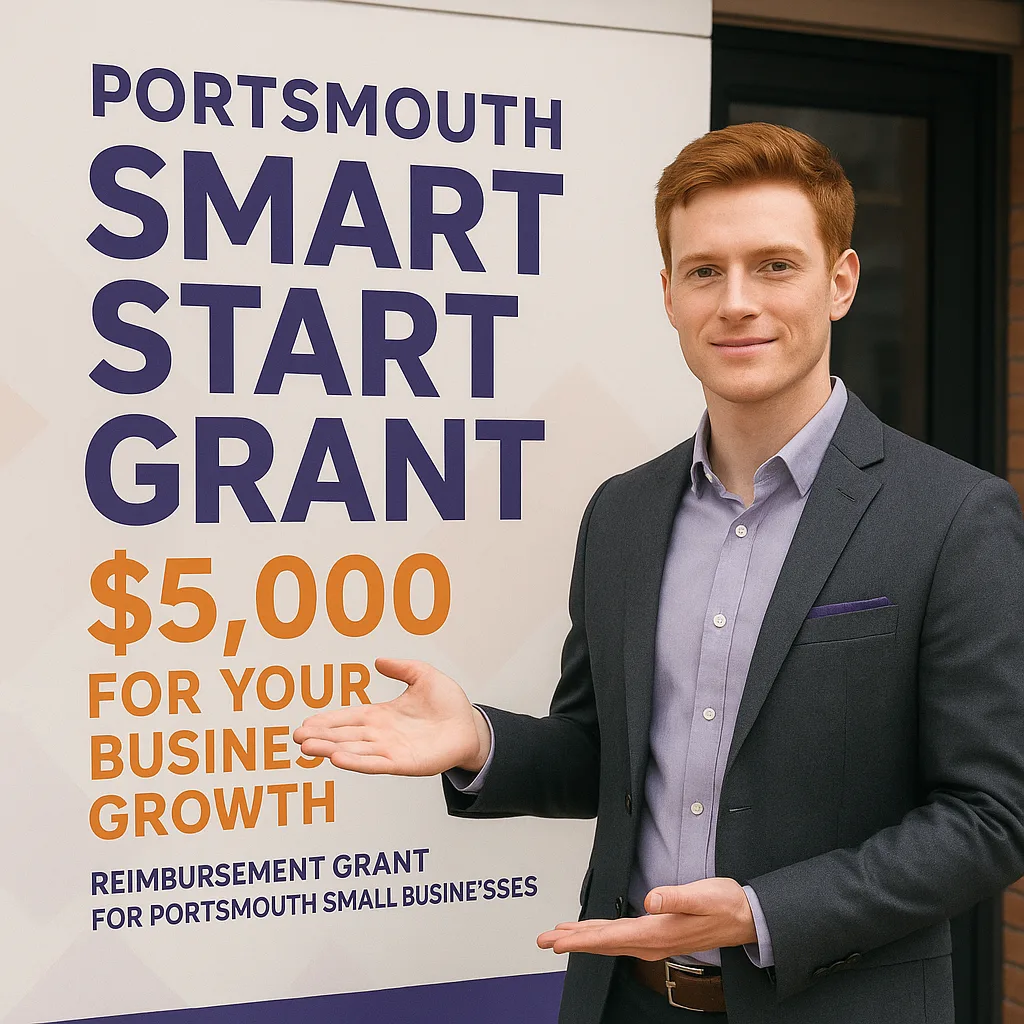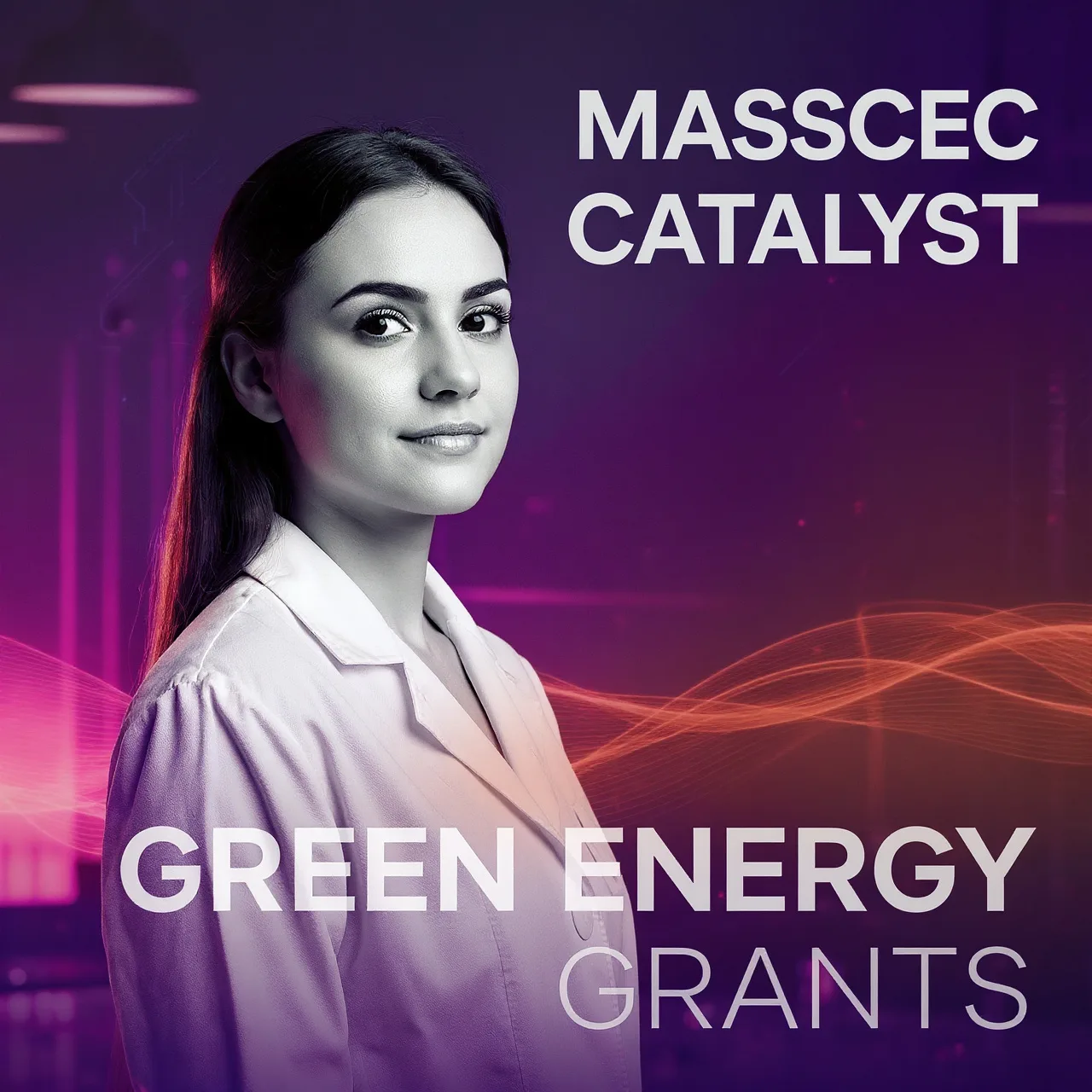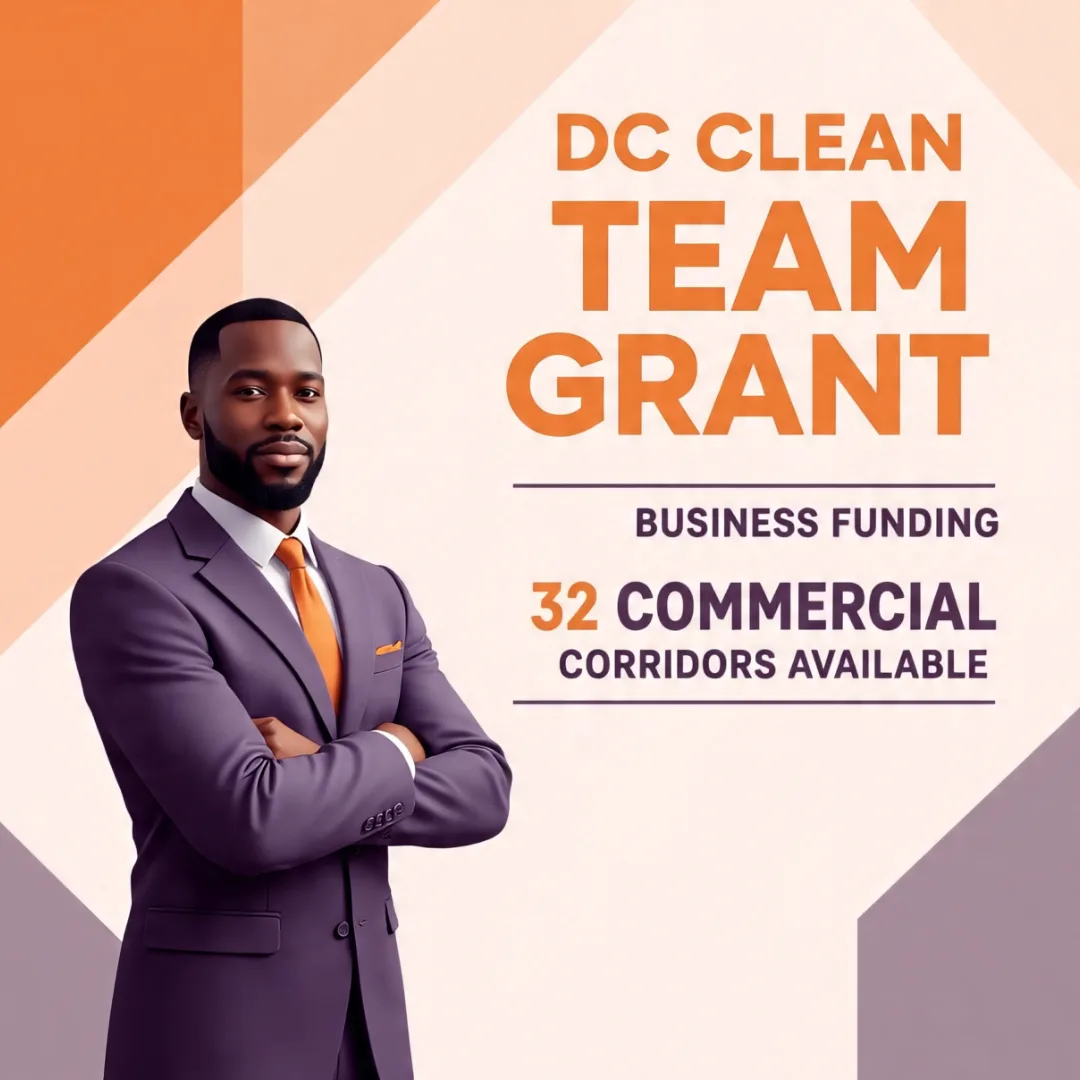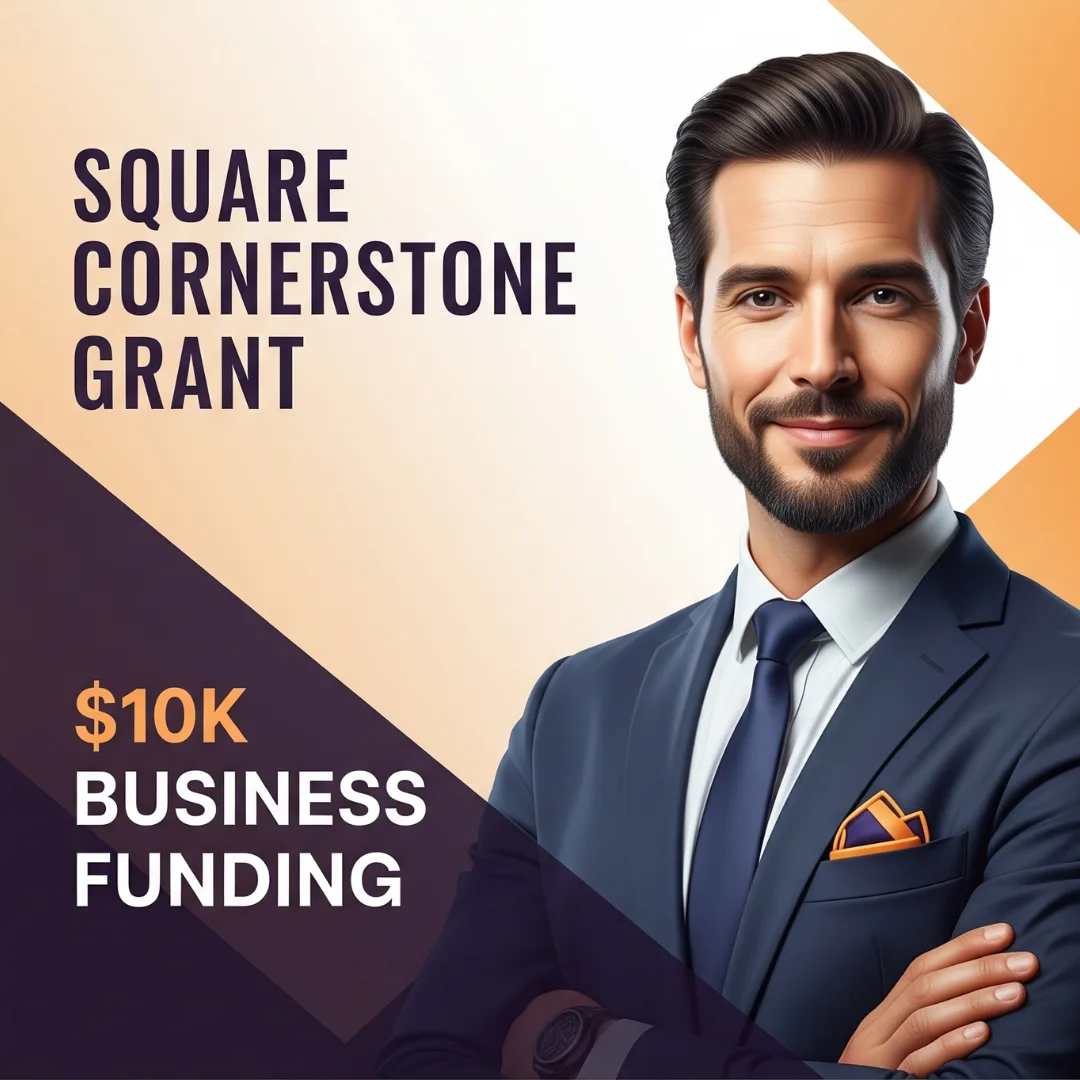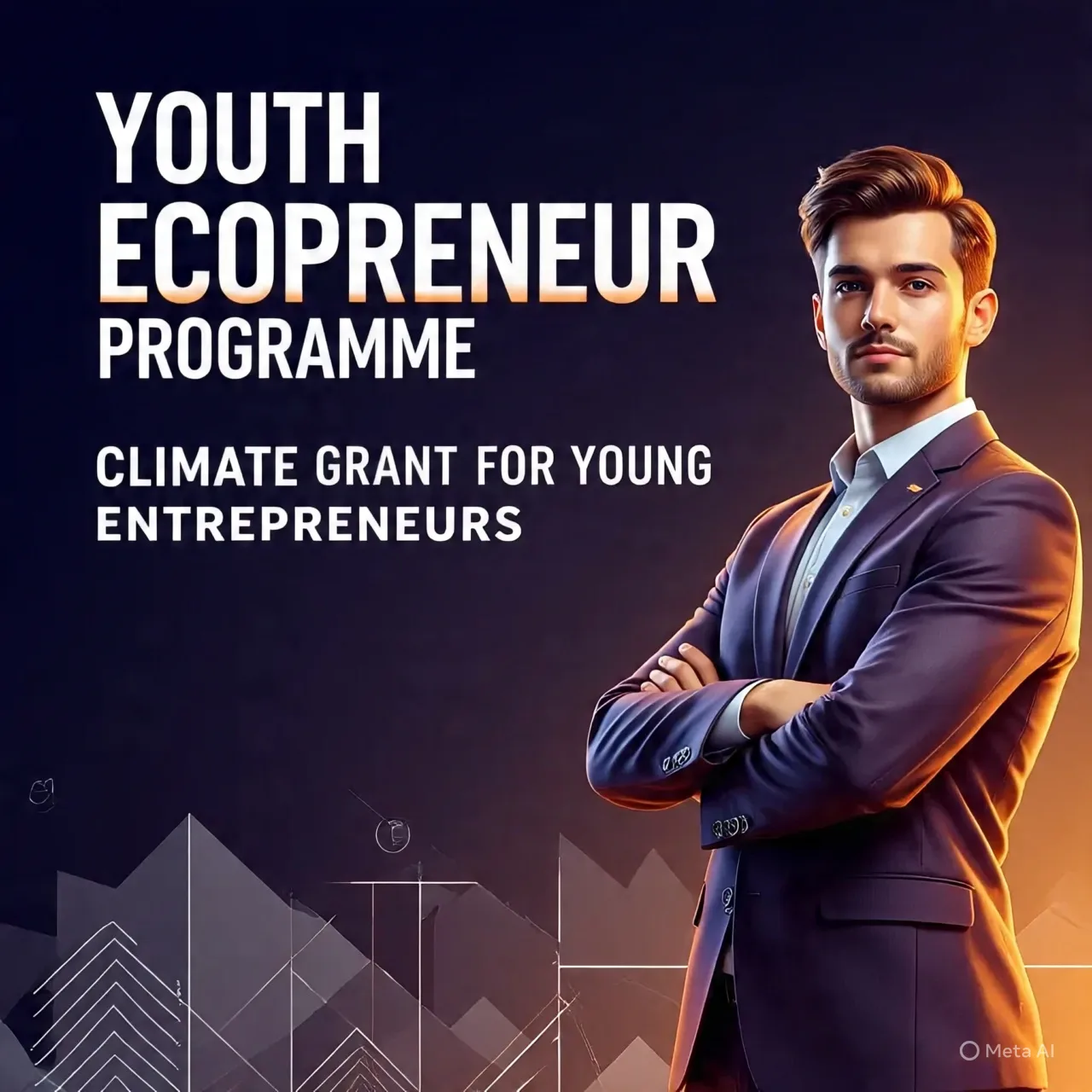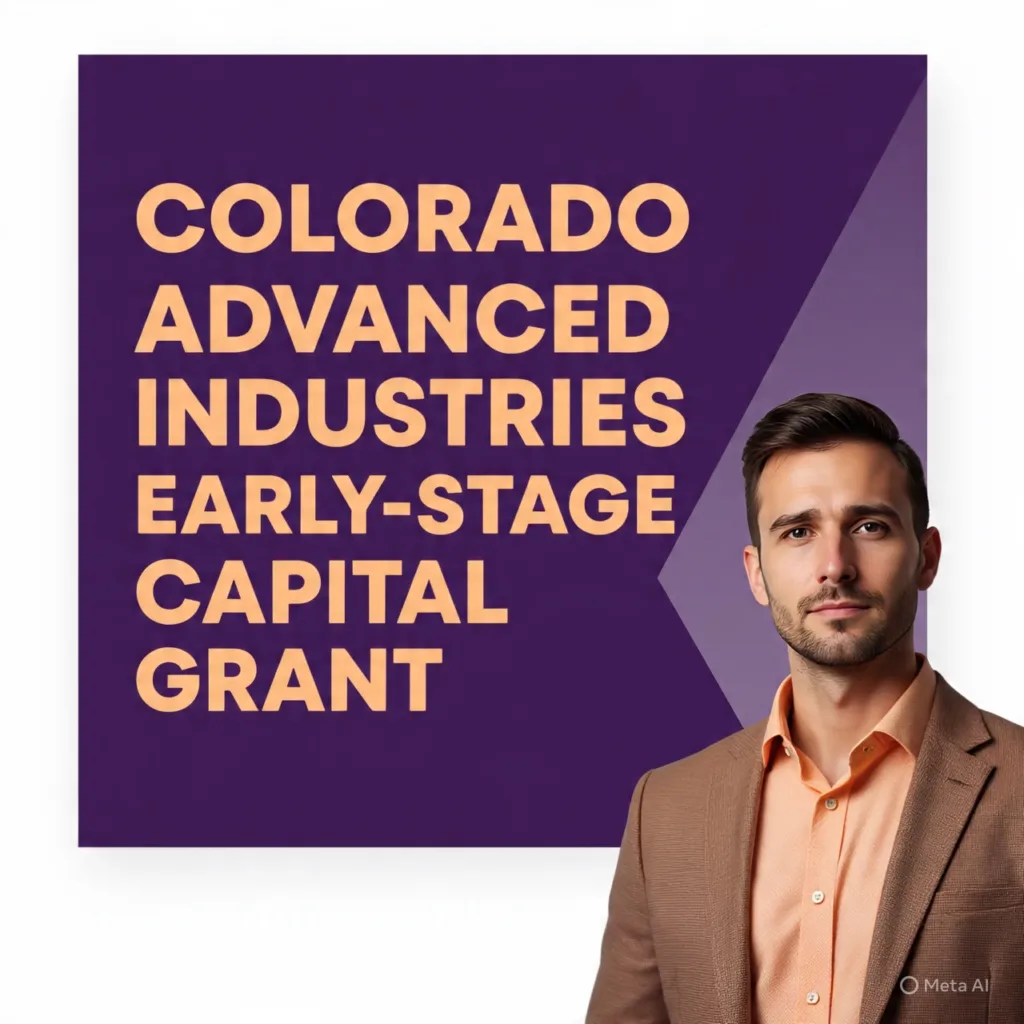
Advanced Industries Early-Stage Capital and Retention Grant Colorado
Colorado tech startups can access $250K to commercialize breakthrough technologies with 2-to-1 cash match requirement
Grant Overview
Colorado Tech Startups Can Access $250K to Commercialize Breakthrough Technologies
Donor: Colorado Office of Economic Development and International Trade (OEDIT)
About: Colorado’s Advanced Industries Early-Stage Capital and Retention Grant is one of those rare funding opportunities that actually gets it. Most grants either throw small amounts at early ideas or demand you already be making millions. This one sits right in that sweet spot where you’ve got a working prototype and real technical validation, but traditional investors are still saying “come back when you’re further along.” The state provides up to $250,000 per project, and here’s the thing – they’re not just handing out participation trophies. You need to match their investment 2-to-1 with your own cash, which means if you want that full $250K, you better have $500K sitting in your account ready to go.
The program was designed specifically because Colorado recognized that private markets consistently under-invest in early-stage technology development. And let’s be honest, they’re right. Venture capital firms want to see proven revenue streams, but how do you prove revenue streams without the capital to scale manufacturing and commercialization? It’s the classic catch-22 that kills promising technologies before they ever reach market. Unlike the Start.Pivot.Grow micro grants that offer $2,500 quarterly payments, Colorado’s program is designed for companies that need substantial capital to bridge the gap between technical proof-of-concept and market-ready product.
What Advanced Industries Actually Mean Here
Colorado defines seven specific advanced industries where they want to dominate: advanced manufacturing, aerospace, bioscience, electronics, energy and natural resources (including cleantech), infrastructure engineering, and technology and information. But here’s where it gets tricky – your technology can’t just use existing components from these industries. It needs to be what they call “disruptive,” meaning a significant departure from currently available technology. So if you’re building a better mousetrap using existing electronics components, that doesn’t automatically qualify as disrupting the electronics industry.
The NSF Future Manufacturing Research Grant operates on similar principles but targets academic institutions with much larger funding amounts. Colorado’s program specifically focuses on commercial businesses that are ready to manufacture or create their breakthrough technology within state borders. Think of companies like those developing next-generation battery technology, revolutionary medical devices, or autonomous manufacturing systems.
The Real Money Requirements
This grant operates as a reimbursement program, which means you spend your money first and get reimbursed after proving you spent it correctly. You can’t touch a penny of grant funds until you’ve executed a formal agreement with the state. However, you can start spending your matching funds as soon as you get award notification. The Galaxy Grant for women and minority entrepreneurs offers much smaller amounts without matching requirements, making it more accessible for early-stage businesses.
But there’s a geographic retention requirement that’s worth understanding upfront. If you decide to pack up and move your operations outside Colorado within 24 months of completing your grant, you’ll owe the entire award amount back over a maximum 60-month payback period. This isn’t just about having a Colorado mailing address – you need either headquarters in the state or at least 50% of your employees based there.
Who’s Actually Getting Funded
Looking at past recipients, there are some interesting patterns. Companies that developed technology licensed from Colorado research institutions get preference points in scoring. So do businesses that have participated in entrepreneurship programs or worked with incubator and accelerator programs. The most telling preference goes to companies that were referred by venture capital or angel investor groups who decided the technology has commercial potential but is too early for their investment criteria.
That last point is crucial because it defines exactly what this grant is for – technologies that are too advanced for traditional small business grants but not mature enough for institutional investors. The Caltech Rocket Fund offers similar positioning for cleantech innovations, bridging that gap between laboratory proof and commercial viability.
Application Process Reality Check
Applications open twice yearly – January through March and July through September. The current deadline is August 28, 2025, at 5 PM Mountain Time. The review process takes 10-12 weeks and involves multiple elimination rounds that progressively narrow the field. First comes internal compliance review to ensure eligibility and completeness. Many applications get rejected right here for missing documentation or exceeding the 8% indirect cost limit.
Then independent reviewers evaluate applications using a structured 0-5 scoring system across five weighted sections. Product and Technology carries 30 points, Company Management gets 25 points, Business Strategy and Financials gets 20 points, Benefits to Colorado gets 20 points, and Stakeholder Collaboration gets 5 points. Industry subcommittee meetings then select up to four of the most competitive applications to advance to the full committee meeting.
Selected applicants must attend pitch training organized by OEDIT, then present to the full committee during a full-day pitch event. Finally, recommended applications go to the Colorado Economic Development Commission for final approval. Unlike the Idea Cafe grants that have simple application processes, this program demands extensive documentation and multiple presentation rounds.
Common Application Mistakes
Applications fail most often on technical merit and commercialization planning. The reviewers have undergraduate or master’s-level education in both business and relevant scientific disciplines, so your application needs to speak their language without oversimplifying the technology. Budget templates must limit indirect costs to 8% of total direct costs – exceed this and you’re out during compliance review.
Documentation requirements include CVs for key personnel, business financials, and proof of matching fund commitment. If you don’t have the matching funds secured yet, you can apply for a conditional award, but then you only get six months to raise the required cash match. Miss that deadline and you forfeit the award completely.
The application allows you to upload support letters from business advisors, industry partners, or customers, which can significantly strengthen your positioning. The McKinsey Fast Grants program operates differently with built-in mentorship, but Colorado’s program expects you to demonstrate existing industry connections and validation.
Strategic Considerations
For projects impacting multiple advanced industries, the award cap can be lifted above $250,000. However, if advanced manufacturing, electronics, or information technology are among your selected industries, your application must directly address how the enabling technology impacts scalability, process improvement, or market adoption of the commercial product. All selected industries must support your full requested amount.
Revenue and funding limits create clear boundaries – annual revenues must be under $10 million and you can’t have raised more than $20 million from grants and investors since inception. This positions the program perfectly for companies that have moved beyond the basic funding-ready stage but aren’t yet attractive to major venture capital firms.
Timeline and Milestones
Your technology must be beyond proof-of-concept with a completed prototype, technical validation, and a commercialization plan that includes market assessment confirming market need. You also need to own valid intellectual property and trade secrets, plus demonstrate initial startup activities. This is significantly more advanced than what’s required for the Prose Emerging Entrepreneurs Grant, which targets earlier-stage businesses.
Project milestones and budgets get defined in the grant agreement, and unused funds must be returned to OEDIT. The reimbursement structure means you need sufficient working capital to fund project activities upfront while waiting for reimbursement payments.
Honestly, navigating this level of application complexity while managing technical development, business operations, and fundraising requires serious strategic planning. If you’re considering this grant and want expert guidance on positioning your technology and crafting a competitive application, Grantaura’s consultation services have helped businesses secure over $250M in grants with a 96% success rate. Sometimes having experienced professionals review your approach before submission makes the difference between award and rejection.
Focus: Advanced manufacturing, aerospace, bioscience, electronics, energy, cleantech, infrastructure engineering, technology commercialization, disruptive technology, early-stage funding
Region: Colorado, United States
Eligibility:
– Technology must directly impact at least one Colorado advanced industry
– Business registered with Colorado Secretary of State and in Good Standing
– Headquarters in Colorado OR at least 50% of employees based in Colorado
– Provide 2-to-1 cash match (company-to-state funding)
– Received less than $20 million from grants and investors since inception
– Annual revenues under $10 million
– Technology beyond proof of concept with completed prototype
– Own valid intellectual property and trade secrets
– Have technical validation and commercialization plan
– Completed market assessment confirming market need
Benefits:
– Financial Award: Up to $250,000 per project (cap can be lifted for multi-industry impact)
– Reimbursement Structure: Funding provided as reimbursement for approved expenses
– Business Development: Access to Colorado’s advanced industry ecosystem
– Networking: Connection with industry trade associations and economic development resources
Deadline: August 28, 2025
Terms:
– Disruptive Technology: A significant departure from currently available technology in the industry, not simply using existing components
– Dedicated Matching Funds: Cash held in grantee account, traceable and committed to project execution
– Advanced Industries: Seven specific sectors including advanced manufacturing, aerospace, bioscience, electronics, energy and natural resources, infrastructure engineering, and technology and information
– Reimbursement Grant: Funding provided after expenses are incurred and approved, not upfront payment
– Retention Requirement: Company must maintain Colorado presence for 24 months post-completion or repay full award
Who Can Apply?
How to apply for this grant?
We are your trusted grant application partners. You can navigate the entire grant application process with our expert guidance through this simple 5-step process.
Step 1: Application Form
Fill out the "Apply for this grant" form with your information and grant requirements.
Step 2: Eligibility Assessment
Our grant experts will assess your eligibility and notify you via email.
Step 3: Expert Consultation
A dedicated grant expert will be assigned to discuss next steps for your application.
Step 4: Application Submission
Our expert will help you complete and submit your application with all required materials.
Step 5: Final Decision
The grant committee will make their decision and notify successful applicants.






